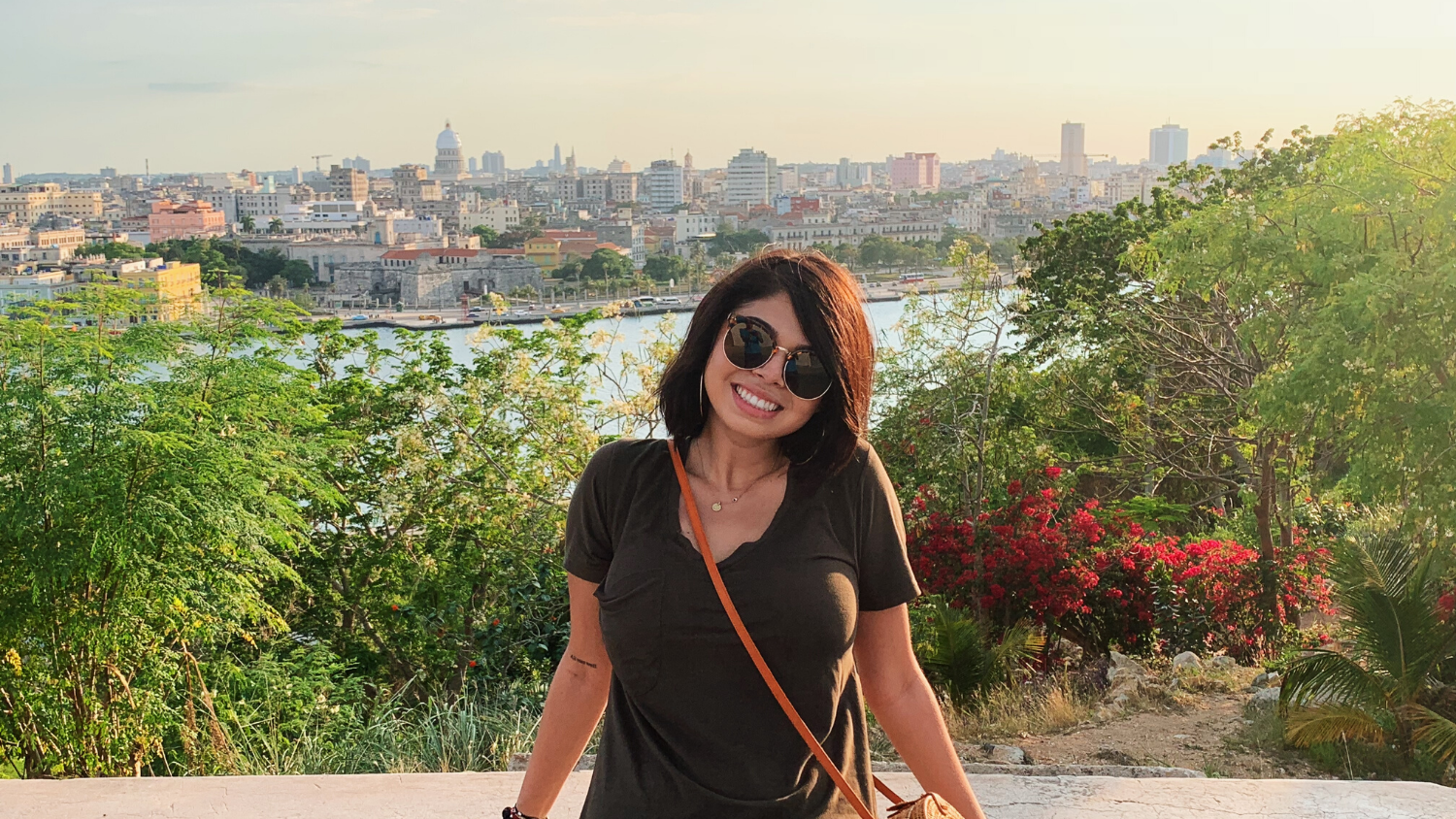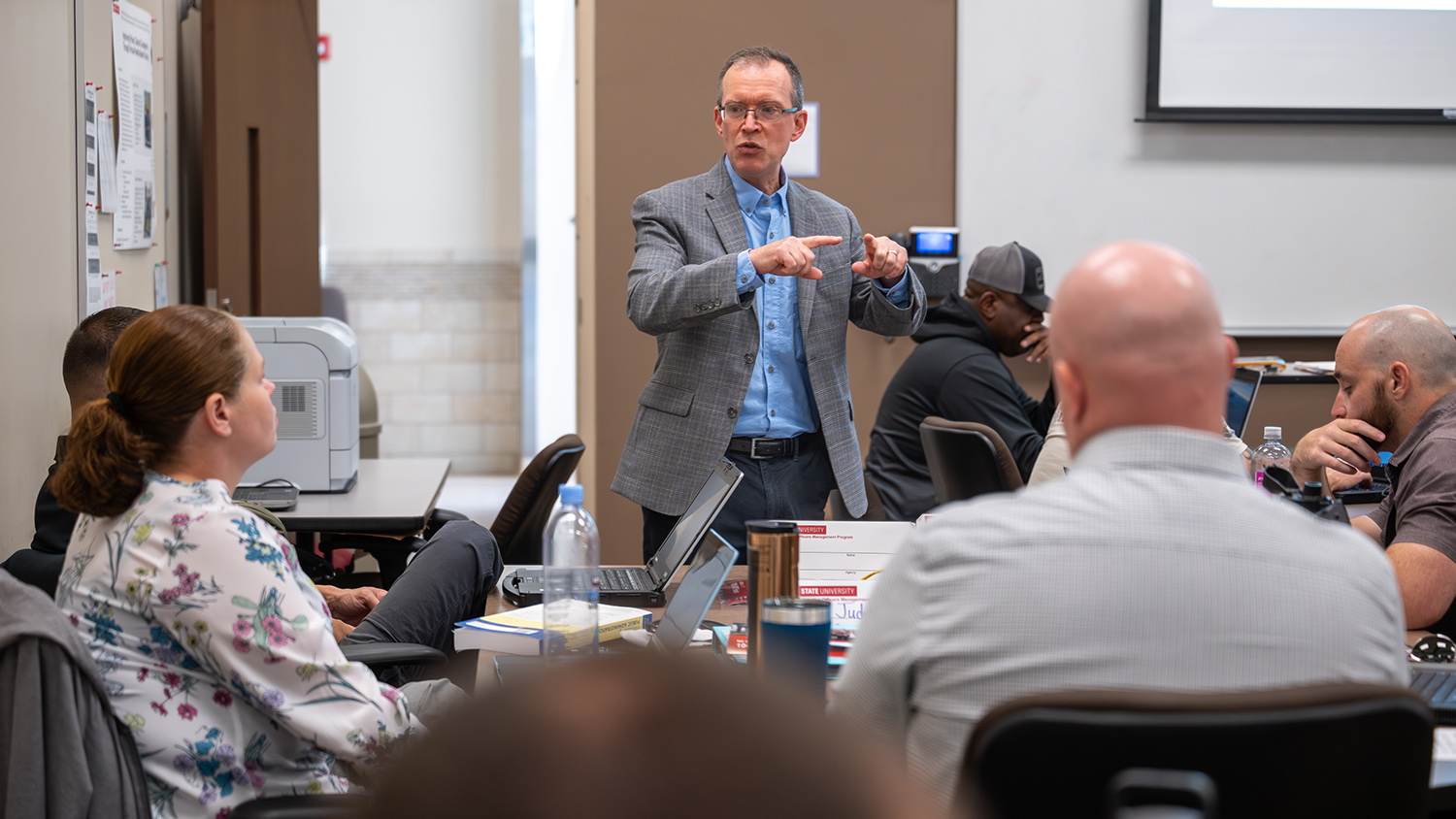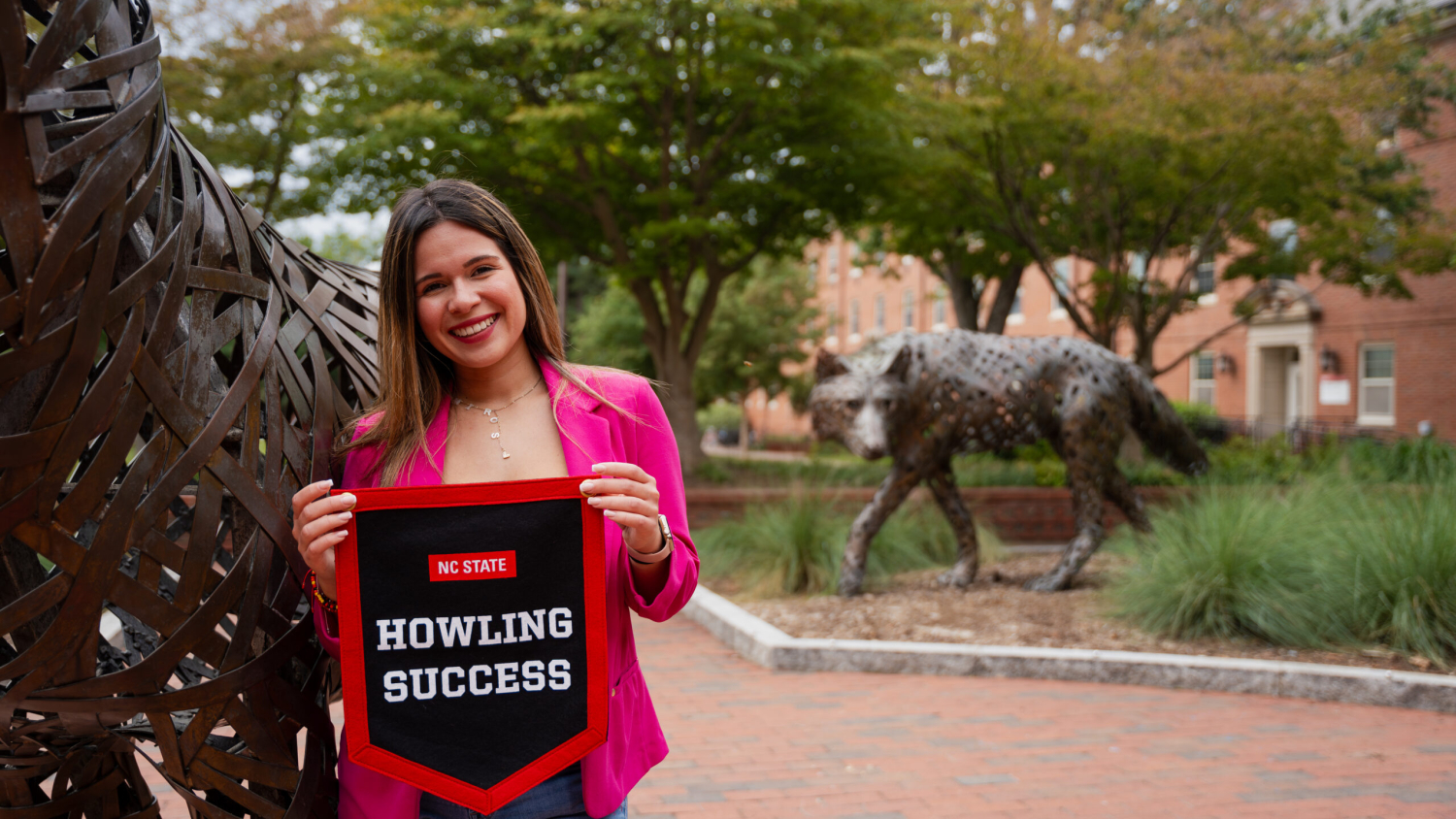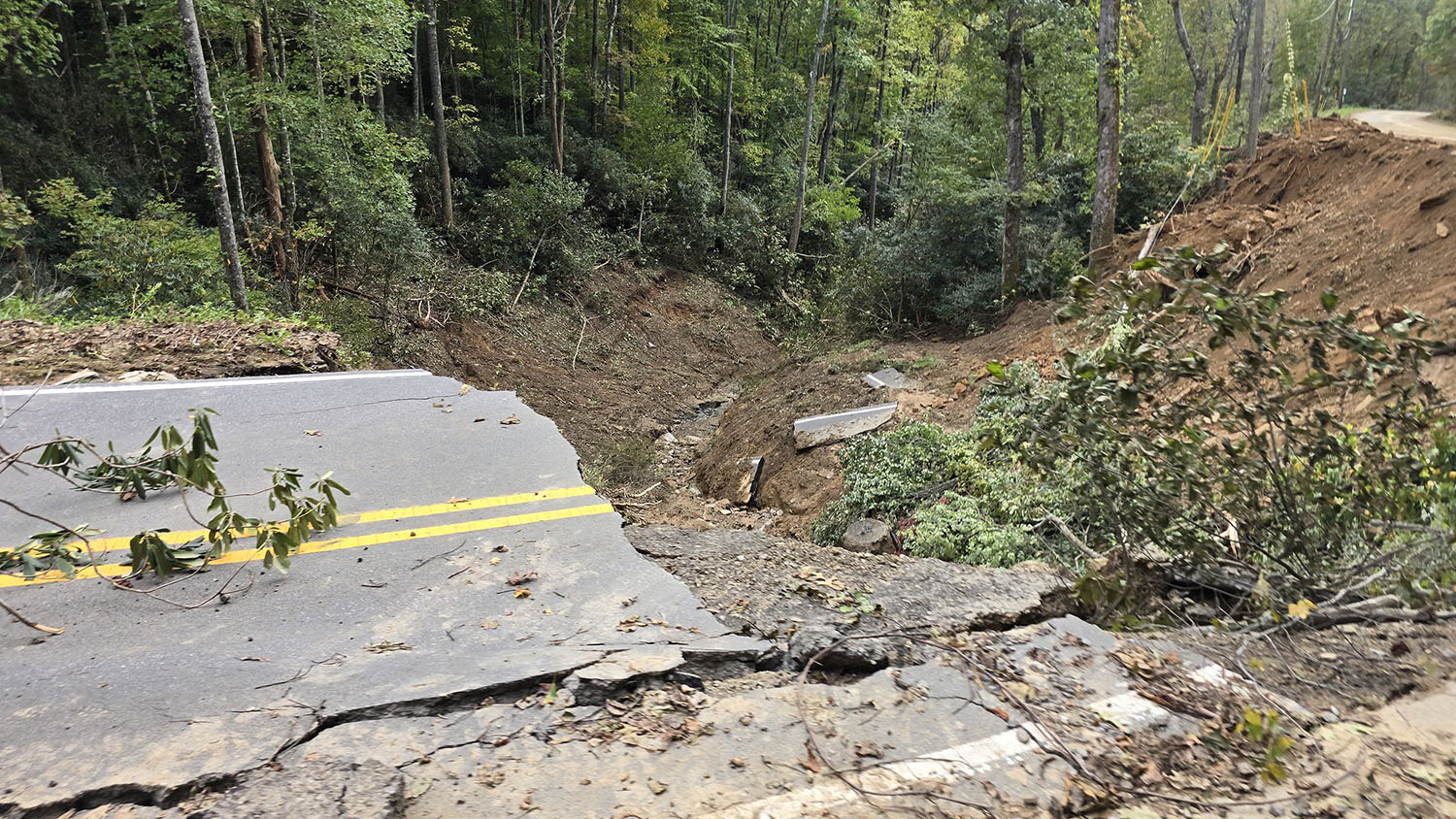Meet Natalie Leon

Program and Location:
Summer, Cuba: History, Environment, and Culture in Havana; Havana, Cuba
Major/Minor:
Political Science and Communication with a concentration in Public Relations
Why did you choose to study abroad?
I always knew I wanted to study abroad not only because everyone says it is something every student should experience, but to allow myself to view life in a world that is totally different from my own. I didn’t know when I would ever get another chance to immerse myself in another culture like this. As well, I got some credits taken care of!
What did you learn about yourself?
I am much more independent than I give myself credit. Studying abroad forces you to do lots of self-reflection as you step away from the life you’re used to and into an unknown territory. By traveling to a lesser-developed country whose lifestyles and politics are so much different than ours, I learned just how truly lucky and privileged I am although I may not realize it as time. Being able to acquire an education is a privilege in itself.
What was one of your favorite parts of your program?
The excursions that were planned for us by Dr. Robins like having a home-cooked meal at a Cuban petting zoo in Matanzas and ending the day in Varadero beach and visiting Fernando Funes farm which is probably the most sustainable in Cuba. The week before us, Prince Charles had just visited, so you know it’s the real deal. As well, traveling with a group of students I didn’t know and getting to know them while all going through the experience created great bonds.
What advice do you have to future study abroad students?
Get comfortable with feeling uncomfortable! It’s totally okay to be uncomfortable. You will encounter so much uncomfortable there is in your life and studying abroad allows you to get used to that and how to adapt. As well, it’s better to have regrets of what you didn’t do and have an excuse to return than burn yourself out too quickly and spend the rest of the trip exhausted and overwhelmed.
How did your study abroad experience prepare you for your future career?
Studying abroad to Cuba allowed me to take off the rose-colored glasses that I wear when I look at the world and be more critical. It really taught me to question a lot of what I am told and see – a very important quality to have in the real-world. It increased my confidence by showing me that I am capable of being thrown into unknown territory and adapt myself to it. Adaptability and being able to see things from different perspectives are such great skill sets to have and studying abroad prepares for that.
Were you surprised by anything during your time abroad?
No matter how much you research and prepare, you will still be caught off-guard or surprised. To me, I had an image and preconceptions of what Cuba was going to be like but once I got there, all those washed away. It was surprising to see how the world and media view something and how once you experience a country and its people, you realize that they have it all wrong.
How were your classes abroad different than if you would have taken them at NC State? Did you take any field trips or do anything outside of the traditional classroom?
Our Environmental History course was taught by Cuban professors and we got to listen to lots of great Cuban guest lecturers who were experts in different fields. I would have never gotten to hear these experiences in North Carolina. We took multiple excursions where we got to see first-hand what we were learning in the classroom and the results of that. It was so interesting to see how other academic cultures are in other countries, but I loved it!
In what ways did your identity have an impact on your experience abroad?
Being first-generation, I didn’t have any family members who ever got the experience to study abroad so for them this was scary. Their fears projected onto me and made me hesitant and nervous. Despite this, I realized how lucky I was to have this experience and had to go into it head-first and take it all in so I could come back and share with them. As well, being a Latinx really had a huge part in deciding where I would study abroad. I felt such a closeness with the Cuban people as there were no language barrier and they embraced me as a fellow Latinx. Sharing a similar culture with the country I was in helped me get so comfortable so fast and not feel so culture-shocked.
Is there any advice you would give to other students who share your identity?
In order to break cycles, we have to be confident and willing to try new experiences. When there isn’t support behind you, you can always find it in others at NC State who share your identity as well as faculty and resources!
Where did you find support to navigate any challenges you faced abroad?
My professors were amazing and were always there to talk candidly. As well, the Study Abroad staff is so well-equipped and resourceful for any questions or challenges that may occur.
Would you do it again?
Absolutely! I encourage everyone to study abroad. I’m already planning for the next time I return to Cuba. For first-generation students and especially minority students, this program is great because it’s short but packs so much into those three weeks.
This post was originally published in Study Abroad.
- Categories:


